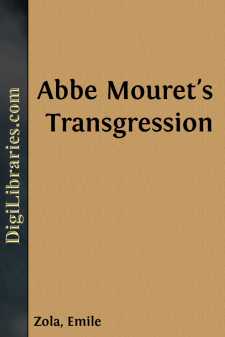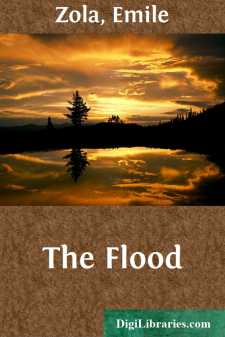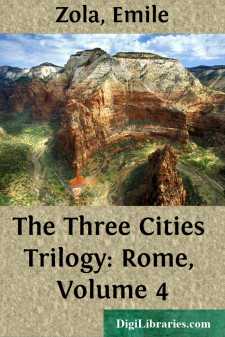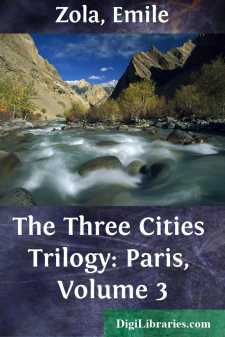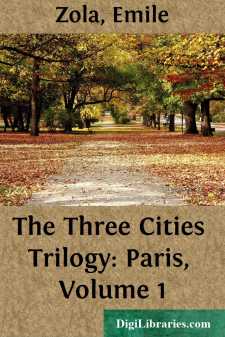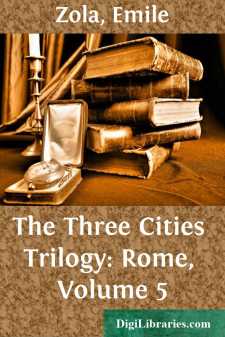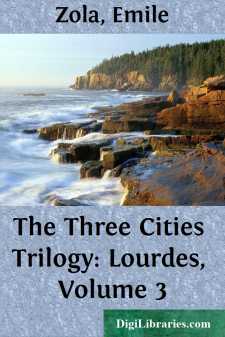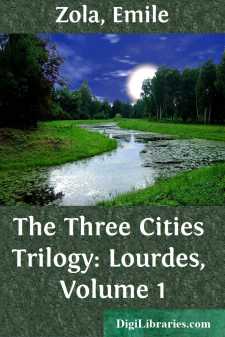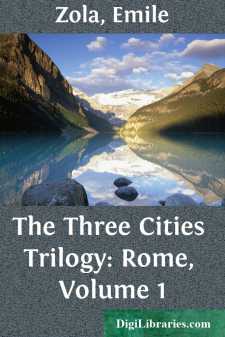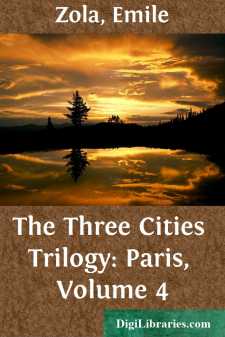Categories
- Antiques & Collectibles 13
- Architecture 36
- Art 48
- Bibles 22
- Biography & Autobiography 813
- Body, Mind & Spirit 142
- Business & Economics 28
- Children's Books 17
- Children's Fiction 14
- Computers 4
- Cooking 94
- Crafts & Hobbies 4
- Drama 346
- Education 46
- Family & Relationships 57
- Fiction 11829
- Games 19
- Gardening 17
- Health & Fitness 34
- History 1377
- House & Home 1
- Humor 147
- Juvenile Fiction 1873
- Juvenile Nonfiction 202
- Language Arts & Disciplines 88
- Law 16
- Literary Collections 686
- Literary Criticism 179
- Mathematics 13
- Medical 41
- Music 40
- Nature 179
- Non-Classifiable 1768
- Performing Arts 7
- Periodicals 1453
- Philosophy 64
- Photography 2
- Poetry 896
- Political Science 203
- Psychology 42
- Reference 154
- Religion 513
- Science 126
- Self-Help 84
- Social Science 81
- Sports & Recreation 34
- Study Aids 3
- Technology & Engineering 59
- Transportation 23
- Travel 463
- True Crime 29
Emile Zola
Émile Zola was a prominent French novelist, playwright, and journalist, best known for his significant role in the literary school of naturalism. His notable works include the twenty-volume series "Les Rougon-Macquart," which explores the impact of heredity and environment on a family during the Second French Empire. Zola was also a key figure in the Dreyfus Affair, famously defending the wrongfully accused Jewish officer with his open letter "J'accuse...!" which highlighted issues of anti-Semitism and corruption in the French military.
Author's Books:
Sort by:
by:
Emile Zola
INTRODUCTION 'LA FAUTE DE L'ABBE MOURET' was, with respect to the date of publication, the fourth volume of M. Zola's 'Rougon-Macquart' series; but in the amended and final scheme of that great literary undertaking, it occupies the ninth place. It proceeds from the sixth volume of the series, 'The Conquest of Plassans;' which is followed by the two works that...
more...
by:
Emile Zola
I. My name is Louis Roubien. I am seventy years old. I was born in the village of Saint-Jory, several miles up the Garonne from Toulouse. For fourteen years I battled with the earth for my daily bread. At last, prosperity smiled on we, and last month I was still the richest farmer in the parish. Our house seemed blessed, happiness reigned there. The sun was our brother, and I cannot recall a bad crop....
more...
by:
Emile Zola
X IN his anxiety to bring things to a finish, Pierre wished to begin his campaign on the very next day. But on whom should he first call if he were to steer clear of blunders in that intricate and conceited ecclesiastical world? The question greatly perplexed him; however, on opening his door that morning he luckily perceived Don Vigilio in the passage, and with a sudden inspiration asked him to step...
more...
by:
Emile Zola
THE RIVALS ON the Wednesday preceding the mid-Lent Thursday, a great charity bazaar was held at the Duvillard mansion, for the benefit of the Asylum of the Invalids of Labour. The ground-floor reception rooms, three spacious Louis Seize /salons/, whose windows overlooked the bare and solemn courtyard, were given up to the swarm of purchasers, five thousand admission cards having been distributed among...
more...
by:
Emile Zola
BOOK I WITH the present work M. Zola completes the "Trilogy of the Three Cities," which he began with "Lourdes" and continued with "Rome"; and thus the adventures and experiences of Abbe Pierre Froment, the doubting Catholic priest who failed to find faith at the miraculous grotto by the Cave, and hope amidst the crumbling theocracy of the Vatican, are here brought to what, from...
more...
by:
Emile Zola
XIV THAT evening, when Pierre emerged from the Borgo in front of the Vatican, a sonorous stroke rang out from the clock amidst the deep silence of the dark and sleepy district. It was only half-past eight, and being in advance the young priest resolved to wait some twenty minutes in order to reach the doors of the papal apartments precisely at nine, the hour fixed for his audience. This respite brought...
more...
by:
Emile Zola
BED AND BOARD AT seven o'clock on the morning of that fine, bright, warm August Sunday, M. de Guersaint was already up and dressed in one of the two little rooms which he had fortunately been able to secure on the third floor of the Hotel of the Apparitions. He had gone to bed at eleven o'clock the night before and had awoke feeling quite fresh and gay. As soon as he was dressed he entered...
more...
by:
Emile Zola
PREFACE BEFORE perusing this work, it is as well that the reader should understand M. Zola's aim in writing it, and his views—as distinct from those of his characters—upon Lourdes, its Grotto, and its cures. A short time before the book appeared M. Zola was interviewed upon the subject by his friend and biographer, Mr. Robert H. Sherard, to whom he spoke as follows: "'Lourdes'...
more...
by:
Emile Zola
PART I THE train had been greatly delayed during the night between Pisa and Civita Vecchia, and it was close upon nine o'clock in the morning when, after a fatiguing journey of twenty-five hours' duration, Abbe Pierre Froment at last reached Rome. He had brought only a valise with him, and, springing hastily out of the railway carriage amidst the scramble of the arrival, he brushed the eager...
more...
by:
Emile Zola
PIERRE AND MARIE ON the mild March morning when Pierre left his little house at Neuilly to accompany Guillaume to Montmartre, he was oppressed by the thought that on returning home he would once more find himself alone with nothing to prevent him from relapsing into negation and despair. The idea of this had kept him from sleeping, and he still found it difficult to hide his distress and force a smile....
more...


